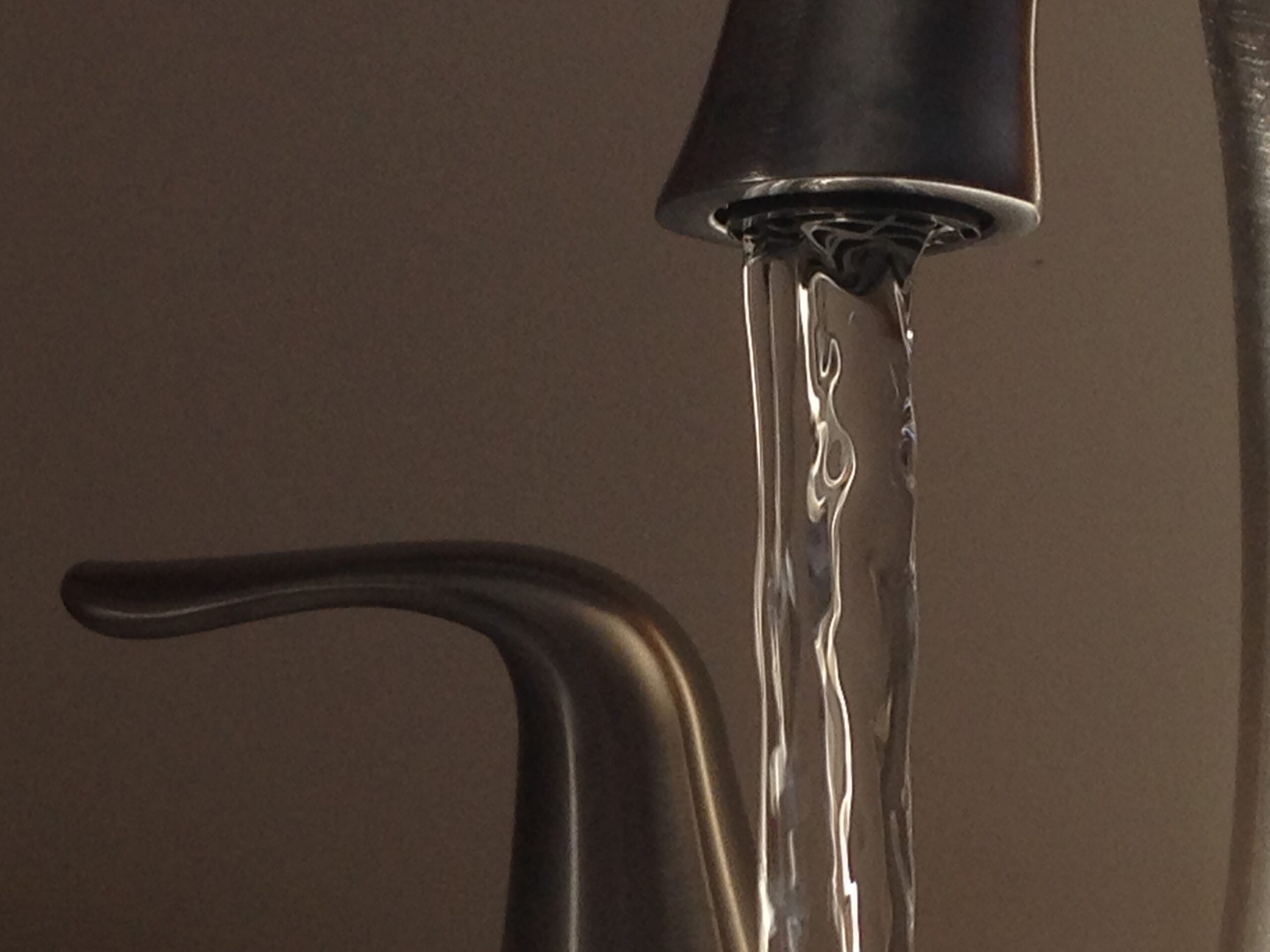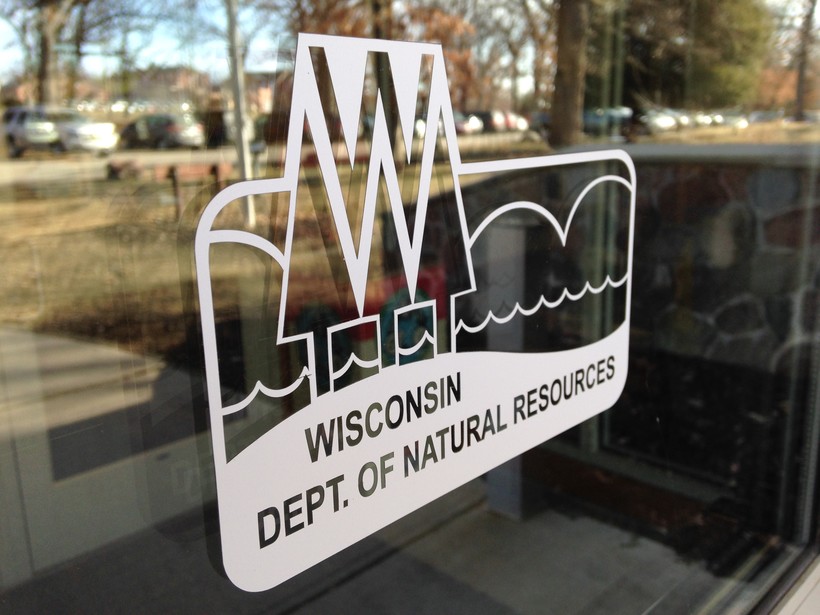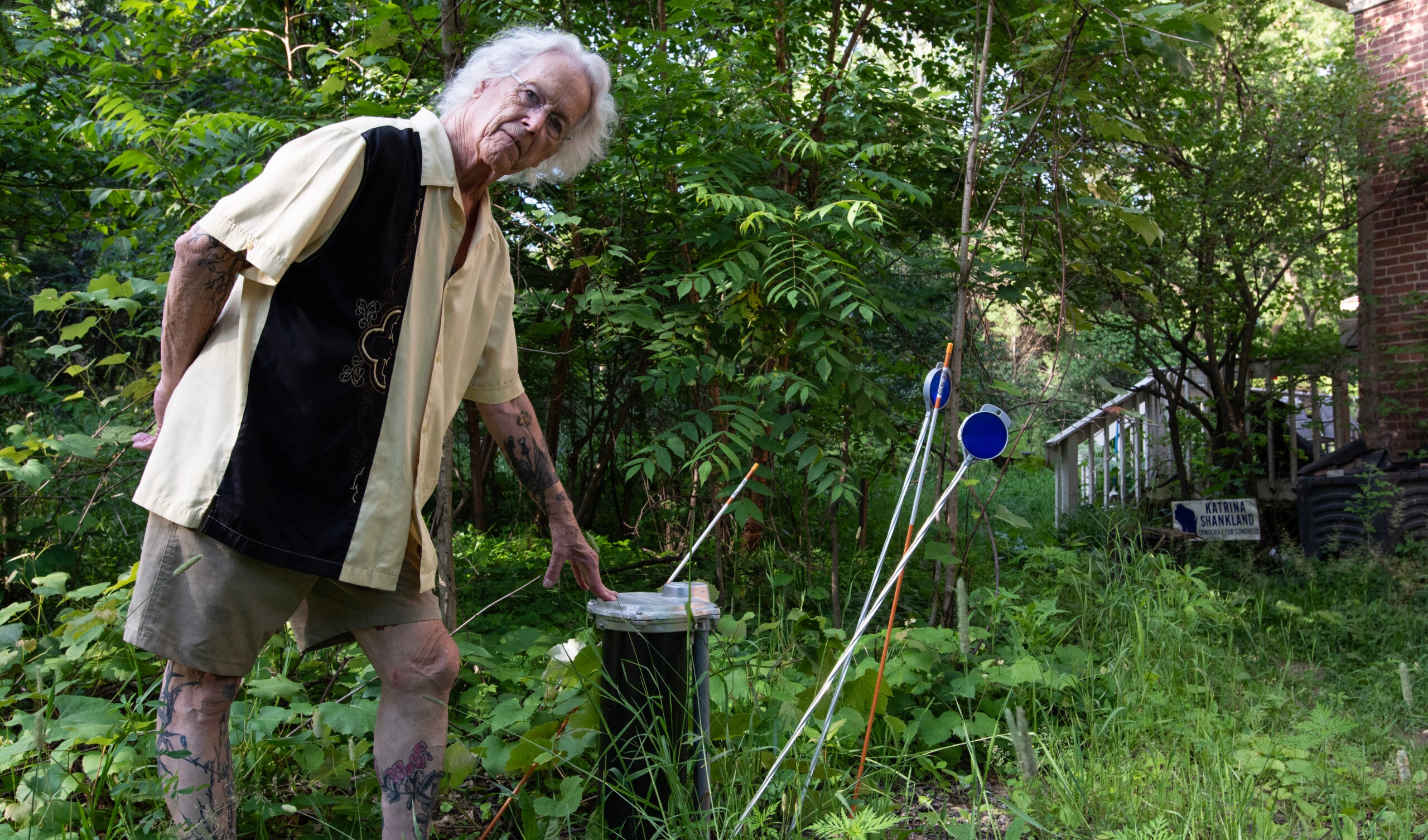Wisconsin needs to boost the money available to aid those whose drinking water is contaminated and it needs a clean water fund dedicated to helping address pollution. Those were among the recommendations from a state legislator on a task force aimed at protecting Wisconsin’s water resources.
State Rep. Katrina Shankland, D-Stevens Point, was one of 16 legislators on the bipartisan Speaker’s Task Force on Water Quality. The group held 13 hearings across the state and heard testimony from farmers, scientists, industry groups and people who deal with contamination in their own wells or city water.
“I’ve heard so many personal stories,” Shankland said in an appearance on the regional WPR talk show “Route 51.” “(From) a grandma who is afraid to bathe her grandkids in the water at her home, to people who are living on lakes with such toxic algae blooms they can’t even use the lake.”
News with a little more humanity
WPR’s “Wisconsin Today” newsletter keeps you connected to the state you love without feeling overwhelmed. No paywall. No agenda. No corporate filter.
Those stories should compel action, Shankland said.
The idea of creating a clean water fund is just one of the proposals under discussion by the task force. Shankland said it would ensure state resources to deal with the issue, as opposed to having legislators and the governor deal with it in two-year budget cycles.
Shankland said nonpartisan attorneys are working on creating a set of recommendations from the task force that will focus on several different water contaminants.
Gov. Tony Evers, who has called 2019 the “year of clean drinking water,” last week received clean-water recommendations from agencies in his administration, and he urged legislators to take up several of the proposals.
In rural Wisconsin, contamination of wells can be a major issue. Evers vetoed a provision in the state budget that would have allowed the Wisconsin Department of Natural Resources to request $400,000 for the well compensation grant because he contended that the funds could not be spent “given the restrictive nature of current eligibility standards.” Evers has called for broad changes to the program.
Shankland echoed those calls, saying the state should provide help to more families. Under current law, the only wells eligible for state grants are those used for livestock, and only for families earning less than $65,000 per year. Shankland is the author of a bill that would raise the family income limit to $100,000, lower the contamination threshold for help and waive the livestock requirement.
That bill has bipartisan sponsorship.
In the Senate, state Sen. Patrick Testin, R-Stevens Point, is the author of a bill that would create a $10 million program over two years to provide homeowners up to $2,500 to remediate contaminated wells.
The issue of clean drinking water is complex and includes several distinct areas of focus, including:
- Nitrates. Some nitrates are naturally present in groundwater, and low levels of nitrates are not considered dangerous. But in higher concentrations they can be associated with health problems. Nitrate contamination in water can be the result of fertilizer runoff or poor manure storage practices in Wisconsin.
- Lead. This heavy metal can contaminate water via damaged or corroded pipes. There is no safe lead level, and studies have linked exposure to lead with compromised cognitive functions. Wisconsin received an F grade from a watchdog group for its failing efforts to reduce lead in drinking water. Andrew Wheeler, the administrator of the EPA, this month used an event in Green Bay to announce the first major overhaul of the nation’s lead rules since 1991.
- PFAS. Buildup of these chemicals found in firefighting foam and nonstick cookware has been linked to an increased risk of cancer and other health problems. Most people have been exposed to PFAS at some level, but recent sampling in Wisconsin has uncovered elevated PFAS levels in the Madison area and elsewhere.
Wisconsin Public Radio, © Copyright 2025, Board of Regents of the University of Wisconsin System and Wisconsin Educational Communications Board.






